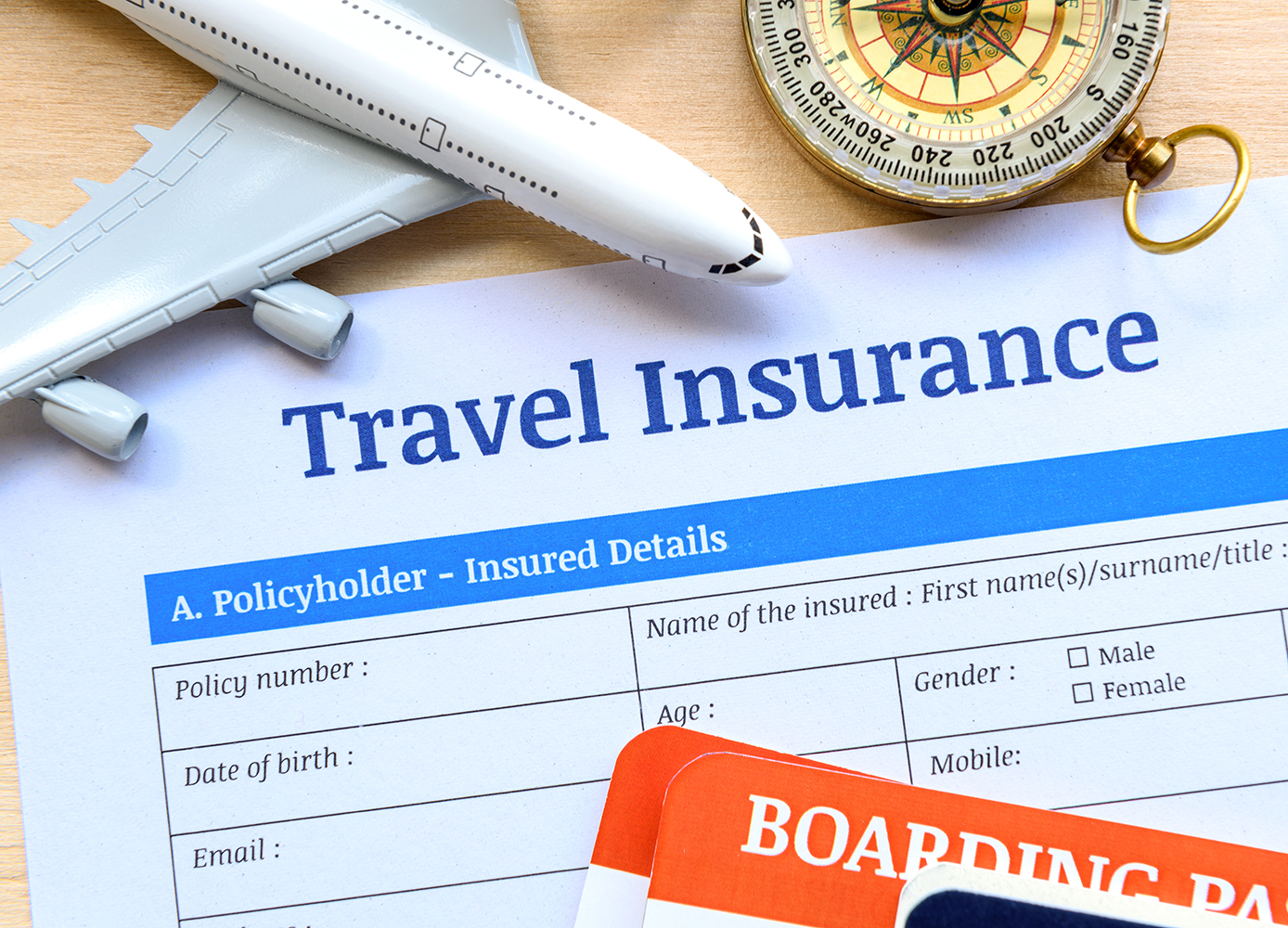Now that the coronavirus is a “known” problem, you probably won‘t be reimbursed if you cancel your trip because of it
Photo: iStock/William_Potter.
Two large travel insurers recently announced that they’ll no longer be reimbursing travellers who need to cancel flights because of the coronavirus.
Until recently, Manulife and TuGo provided reimbursements to those with cancellation coverage if the government, for reasons related to the coronovirus, issued an advisory about non-essential travel to their destination.
The reason for the change in policy is that cancellation insurance is intended to apply to cancellations due to unforeseeable events such as illness or death, but COVID-19 is now a “known circumstance” and, the insurers argue, travellers should no longer expect a reimbursement if they knew the risks but decided to buy a plane ticket anyway.
Those who signed up for Manulife’s more expensive “Cancel for Any Reason” coverage still be able to get a reimbursement of up to 75% should they cancel their trip.
Because travel insure providers stand to lose millions from cancellation reimbursements, it’s possible and even likely (given that the World Health Organization declared the coronavirus outbreak a pandemic on March 11) that more insurers will change their cancellation policies.
“Everyone’s got these sort of loss-ratios they work on and they all got thrown out the window with this,” travel insurance broker Martin Firestone told CBC News.
While travel insurers have become more strict, airlines like Air Canada, WestJet, and Air Transat have been more accommodating to last minute requests. Those who purchase Air Canada or Air Transat plane tickets between March 4 and 31 for a trip over the next 12 months will be able to rebook their flight free of charge. Those with WestJet tickets purchased between March 3 and 17 will be able to do the same if the flight is before June 24.





